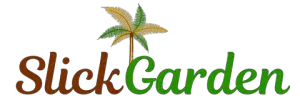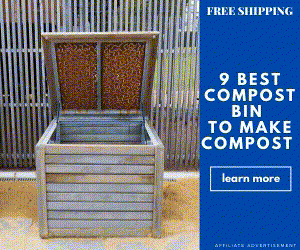Compost is an organic material that can be added to soil to increase the growth of plants. According to Wikipedia,
“Compost is a key ingredient in organic farming. At the simplest level, the process of composting simply requires making a heap of wetted organic matter known as green waste(leaves and food waste) and waiting for the material to break down into humus after a period of weeks or months”.
It is a process by which organic materials can be decomposed. Decomposition is a natural process in which organic matter is broken down into simple organic or inorganic substances, naturally.
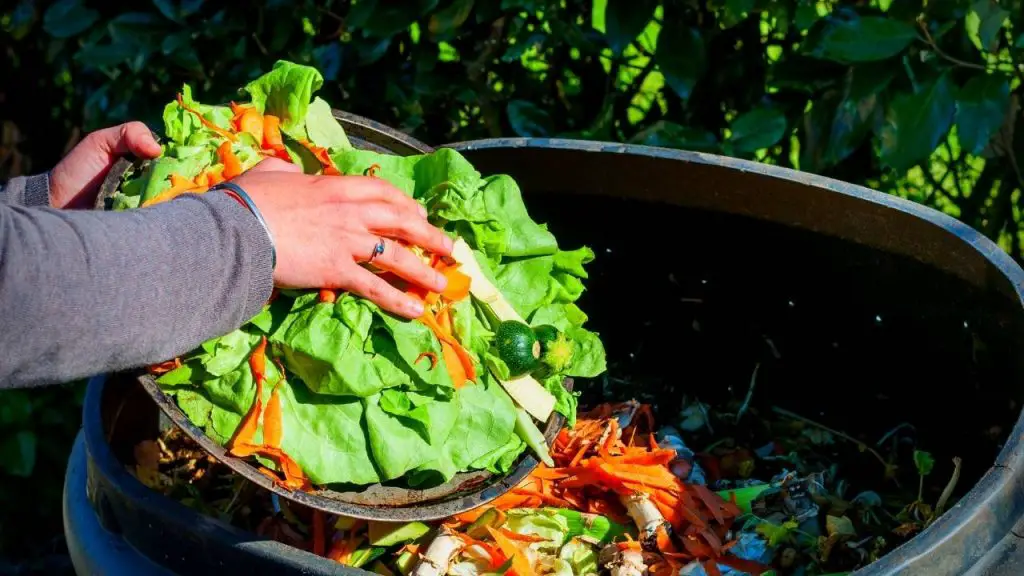
28 percent of our garbage which we throw, comprises food scraps and yard waste, should be composted. If you are new in composting, then there is a way to go about it. You have to feed the pile appropriately to make sure that microorganisms that are breaking down the mix, are not overwhelmed and can multiply.
Benefits of Compost
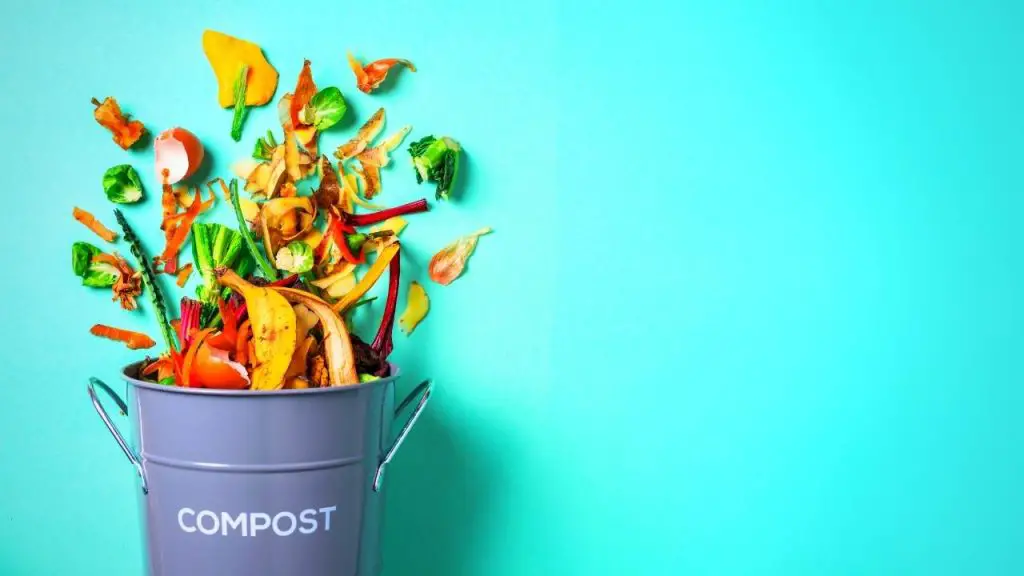
There are many benefits to composting:
- It maintains the moisture of soil and helps plants to surpass plant diseases.
- It mitigates the emission of methane from landfills.
- It helps to increase the production of beneficial bacteria and fungi that break down organic matter to create humus
- By using compost, there is no need for chemical fertilizers.
- You can make compost at home and make it in a special type of bin, which you can buy from the store. This will not allow pests to enter and will not smell bed.
When you decide that you will make compost by yourself for your garden. The next thing that comes to mind is which things you can use to make compost. In this article, we will discuss things you can add to creating compost.
It is very difficult to decide what’s safe to throw in your composting bin, and what stays out, it can be confusing. This recycling process needs some knowledge to do your task properly.
In this way, you not only make your environment clean but recycle the material which you can use instead of fertilizer. The things you can use in the composting process can be taken from your kitchen, very easily.
The best thing is that you can control what goes into your bin and try to keep harmful stuff out. Don’t use only one type of component in the making of compost but build balance.
What to Compost?
Try to use a large variety of things because if your finished product is richer it will give all the required elements to the soil. There are a variety of things you can use which includes
- Brown
- Green
Brown
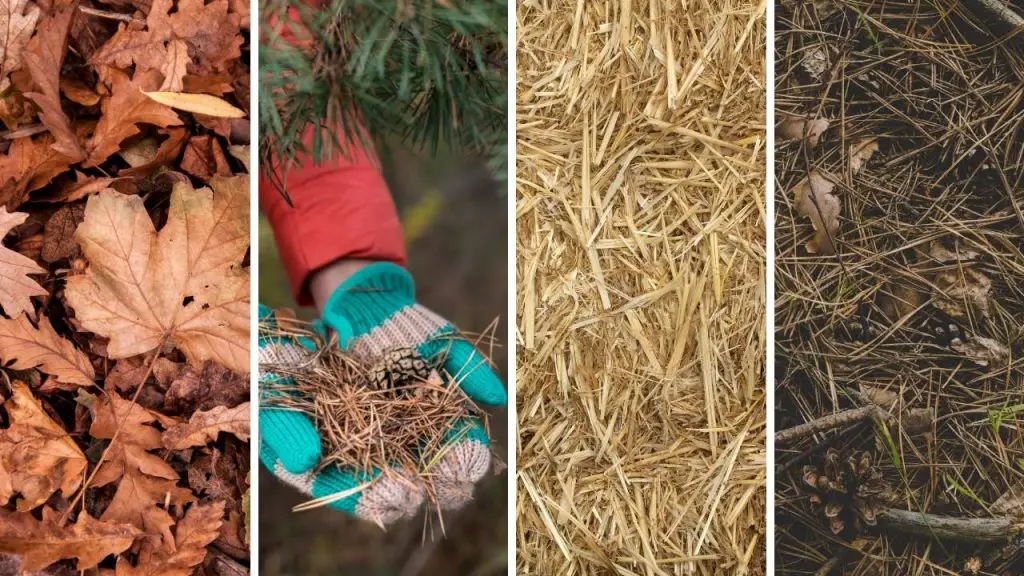
Composting includes a balanced brown mix and green mix. Browns are carbon or carbohydrate-rich materials. Brown materials help to allow air to filter and work with the microbes to break the content.
- Fall leaves
- Pine needles
- Twigs
- Straw or hay
- Sawdust
- Corn,
- Cotton fabric
- Paper
are counted as brown materials. Sawdust, wood chips, sticks, twigs, and pine needles can be added to compost. But you should use it carefully because they contain a high quantity of carbon.
It requires a lot of nitrogen to a breakdown which takes a long time, so don’t use a large amount of these materials in your compost. You can use minerals like rich algae, kelp meal, or lake weed into your bin.
You have to take care of only one thing that before adding you should wash them with salty water. If you are using a large number of pine needles and oak leaves then use ashes from wood-burning. It will adjust the pH of your compost if it will become acidic.
Greens
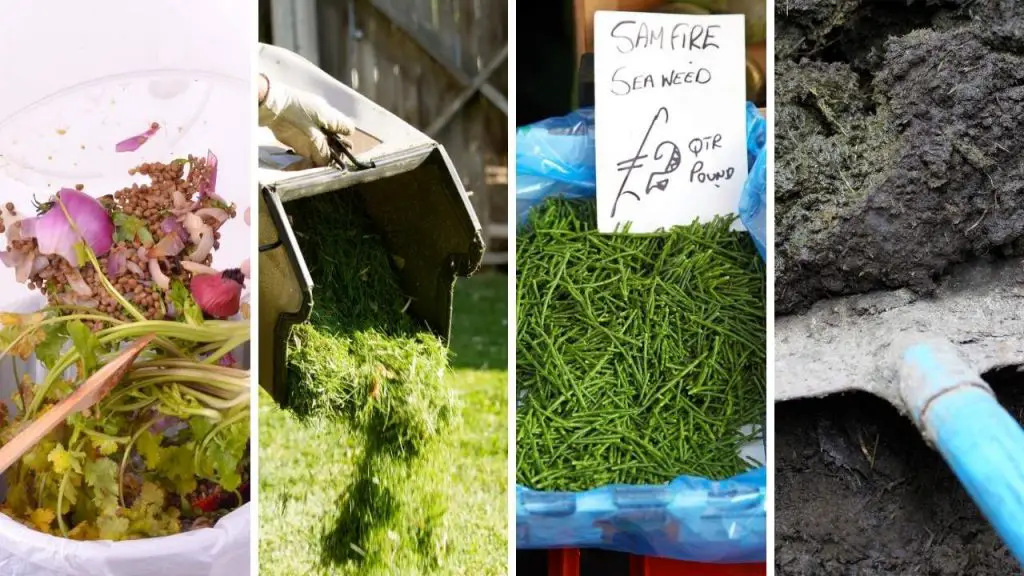
Greens are materials that are rich in nitrogen and protein. They help microorganisms to grow and increase their growth. They consist mostly of wet or recently growing materials. They comprise the green plants like
- Vegetables and fruits scraps
- Teabags
- Grass clippings
- Trimming from plants
- Eggshells
- Animal manure(cow, horse, sheep, chicken, rabbit, etc please don’t use dog or cat manure.)
- Seaweed
Grass trimmings are a typical ingredient of compost. It is easily available from the garden. In compost, it turns into a sticky and smelly mess. Fruit and vegetable trimmings can make an excellent addition to your compost.
Prepare food excluding meats, can make your heap harder to manage for odor and moisture. They attract pests. If you use ketchup, relish, and soya sauce, these things are acceptable but you can use them in a medium quantity because they are quite acidic and disturb the pH balance of your soil.
Composting animal manure has long been used as a soil amendment to improve soil health. This is a biological process in which aerobic microorganisms decay organic material such as manure and bedding into a soil. Pure manure contains too much nitrogen and moisture which is very good for your plant production.
Balance Between Brown and Greens
If you keep a balanced ratio between brown and greens, generally, the ratio of 3 parts browns to 1 part greens, is good. But it is not a necessary rule to follow, but the mixing of brown and green is very essential because if you do not do this, your pile of composed will not be heated up and take a long time to breakdown.
This problem can be solved by using a good ratio of Browns and greens. If your compost is not heating up then you may need to add more green material to it. If you see that your compost is smelling then you may need to add more browns to it. Decomposition is a natural process and it is done slowly. So don’t worry it will be done on time.
What not to Compost?
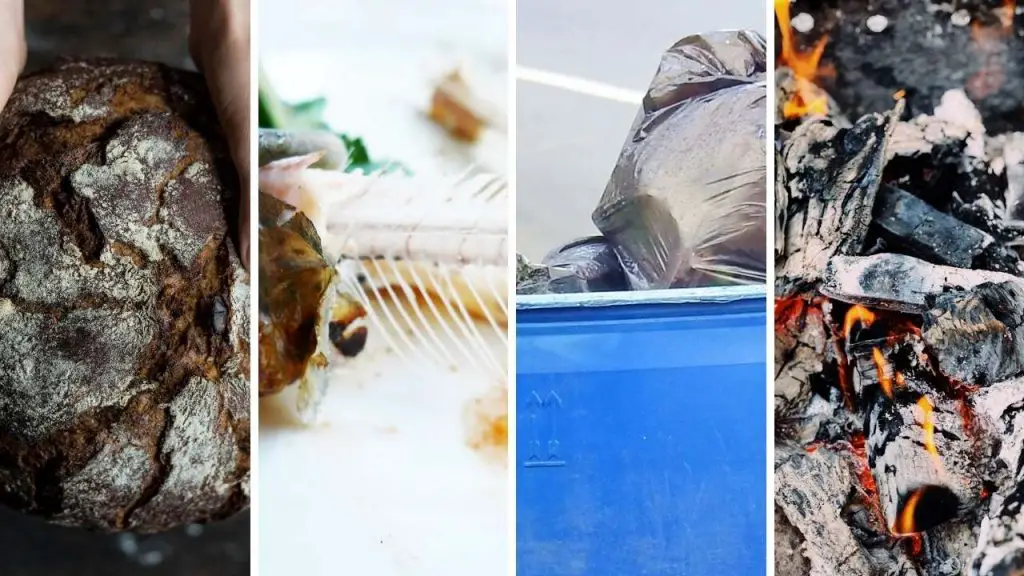
Composting in itself is a great way to put nutrients back in the soil. The problem is that what should not be added to your compost bin. The list is very long, you should be very careful in making or manufacturing your compost. We will discuss all these things one by one.
Bread
Cakes, pasta, and bread are included in this category. You cannot add this in your pile because it has a great attraction for unwanted pests.
Cooking oil
If you make a balance between the nutrients of compost, then don’t disturb it by the addition of cooking oil because it has a chemical content which is perceived as food by pests. Avoid using it in the compost as a material.
Dairy Products
Pests also like dairy products as a food source and they also attract by wildlife and flies just like bread and cakes. You have to avoid them and don’t use it in your compost materials.
Feces
Animals and humans, who eat meat, their bacterial content cannot be used as a component in the compost bin.
Diseased Plants
Diseased plants have fungus and harmful bacteria that can be transferred to your compost heap and then to your soil which affects the growth of your plants. Plants like weed can’t be used as they won’t decompose but grow instead.
Heavily Coated Paper
Some papers like greeting cards, magazines, and writing pads cannot be included in the list of the composted material because it has high foil content which is non-compostable. Some paper with color inks including newspapers that have heavy metals or other toxic materials should not be added to the compost’s pile.
Rice
Cooked rice provides a better environment growth to bacteria and raw rice is attractive to pests. It will also harmful to the compost nutrients. So, rice is not adequate for the compost bin.
Meat, Bones, Fish, Fats, Dairy
Any content that has blood bones and the fleshy residue is not acceptable for the compost bin because it is attractive to the pests which are not good for the production of your plants.
Synthetic Fertilizers
Salinity is not good for the soil and can upset the nutrients’ balance. Synthetic fertilizers increase the saltiness so avoid using them.
Dead Animals
Instead of using in your compost nutrients, you should bury the dead animal’s body into the ground which is beneficial for your soil, in the years to come.
Inorganic Material
Inorganic materials such as polyester, plastic, rubber, and acrylic should be avoided. This product cannot break down easily especially products that have aluminum foil, glass, plastic, and metals. One more thing pressure-treated lumber should also include in this inorganic materials’ list.
Because it has been processed with chemicals that increase the toxicity in compost. These products take too much time to compost, so it is better don’t try them in your compost bin.
Walnuts
It contains a toxic element which is juglone, an aromatic compound that is harmful to your plants. It is better not to use it.
Large Branches
Long branches are not suitable for the compost pile. If you have large branches and you want to add them to the compositing procedure, it is better to cut them down in smaller pieces. Because of smaller pieces easily breakdown. If your components effortlessly breakdown then it will increase the decomposition process.
Coal Ash
Most ashes are useful for soil but not coal ash. Don’t try to add coal ash in your list of compost elements, because sulfur and iron increase the acidity of your soil which is not good for your plants.
Manure of Sick Animals
You cannot deny the importance of manure in the fertility of the soil. It is a big source of nitrogen but you should be very careful about using it. If you know that the manure is of a sick animal then don’t take a risk to use it in your compost bin it will destroy the balance of your compost.
You should also avoid the dog and cat droppings because it contains several disease organisms that make your soil toxic and you cannot handle it. Composting can be an effective manure management practice for livestock operations.
Tea and Coffee Bags
Coffee adds nitrogen to the soil and tea is fine. If you use tea and coffee bags then synthetic fibers of these bags do not break down easily which causes trouble.
Citrus Peels, Onions, and Garlic Scraps
These scraps are the reason for killing some useful bacteria, worms, and other organisms. You should stop using it because it is not effective for your soil.
Speeding Up the Compost Process
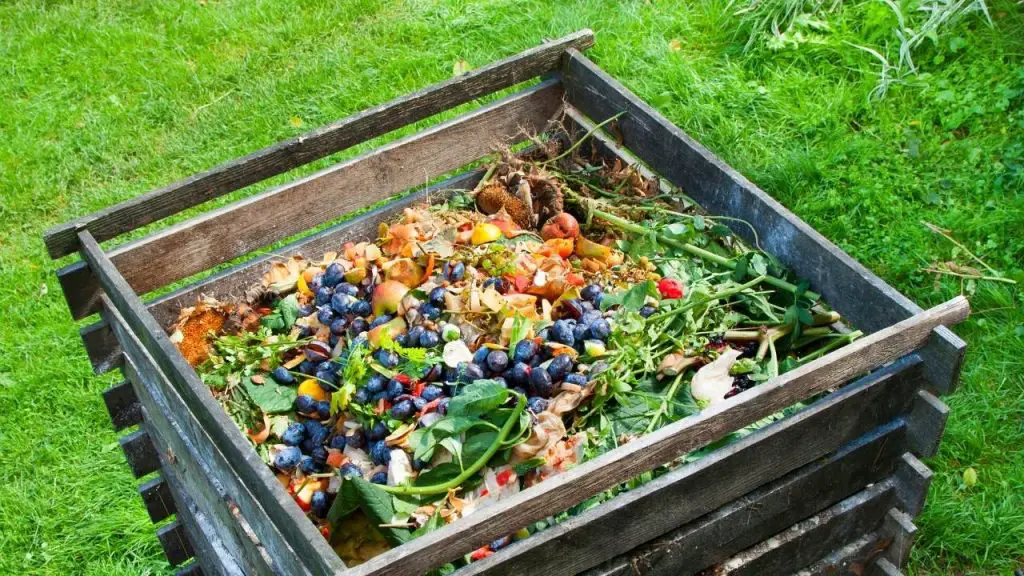
The process of decomposition starts at high temperature so anything that will increase the heat will cook your compost faster. You can adopt some tips to fast your compositing procedure.
1- If you have larger items in your compost material then chop and shred this. It will be easy for bacteria to break them down.
2- If you are using your leaves and garden waste so it is better to run your lawn mover over It. If you are using paper or cardboard then you can use a scissor to cut them so in this way bacteria can easily decompose them.
3- Turning has a very great effect on the speeding up of your compost process. Every day if you turn your compost then it will give you a better result and your compost will be ready soon.
4- If the quantity of your compost is high then it will heat up easily so try to use a large amount of material.
5- If you keep your compost pile in the sunlight then it will increase the temperature of your compost bin so it is preferred to keep your compost bin outside under the sun.
6- You can use nitrogen and microorganisms as compost activators in your pile. It will boost the decomposition process of your compost. You can get nitrogen from the blood meal, cottonseed meal, alfalfa meal, and from finished manure.
7- Wood ashes are a big source of alkaline. If your compost becomes acidic then the use of ashes adjust the pH of the pile.
8- Moisten dry materials as they are added.
9- Cover the top of your compost with a tarp, when the material is in darkness, it will be decomposed easily and your compost will rich in color and get ready for use soon.
10- The best place for your compost pile or been is near a water source under a dry or shady spot.
